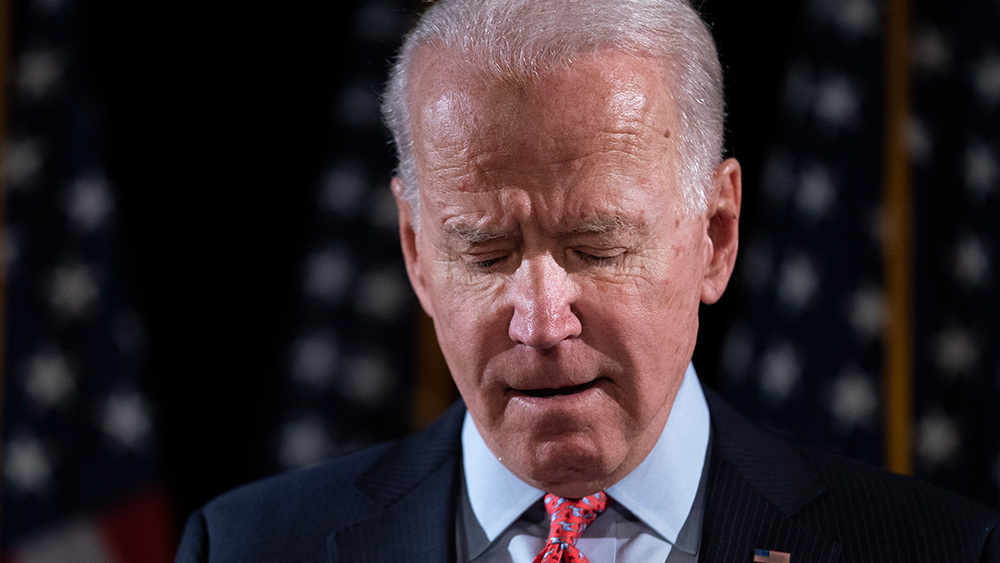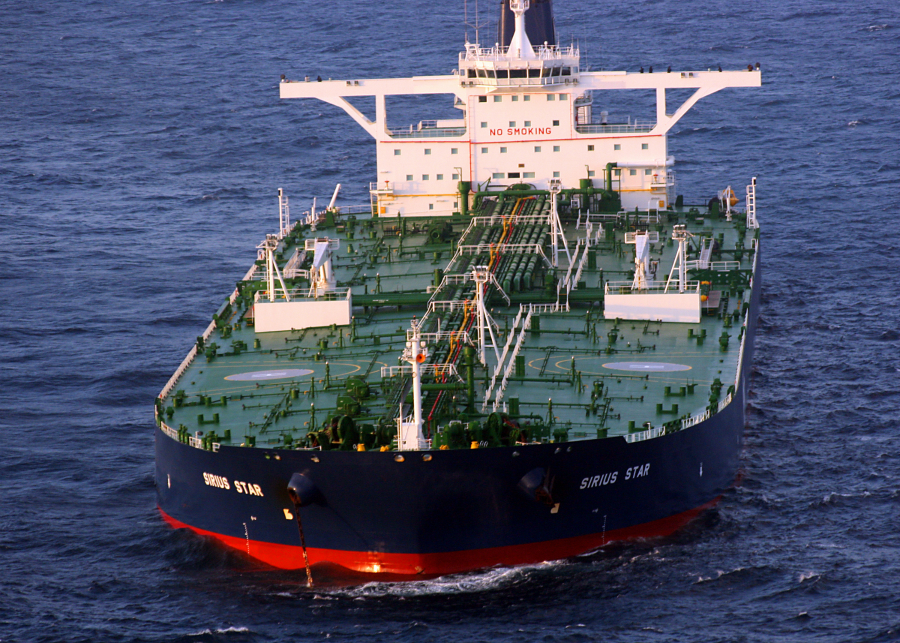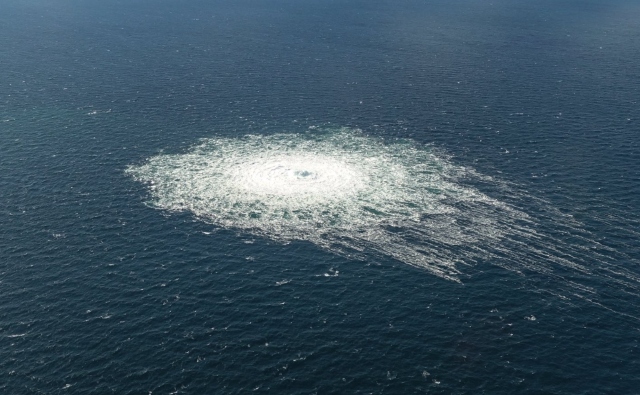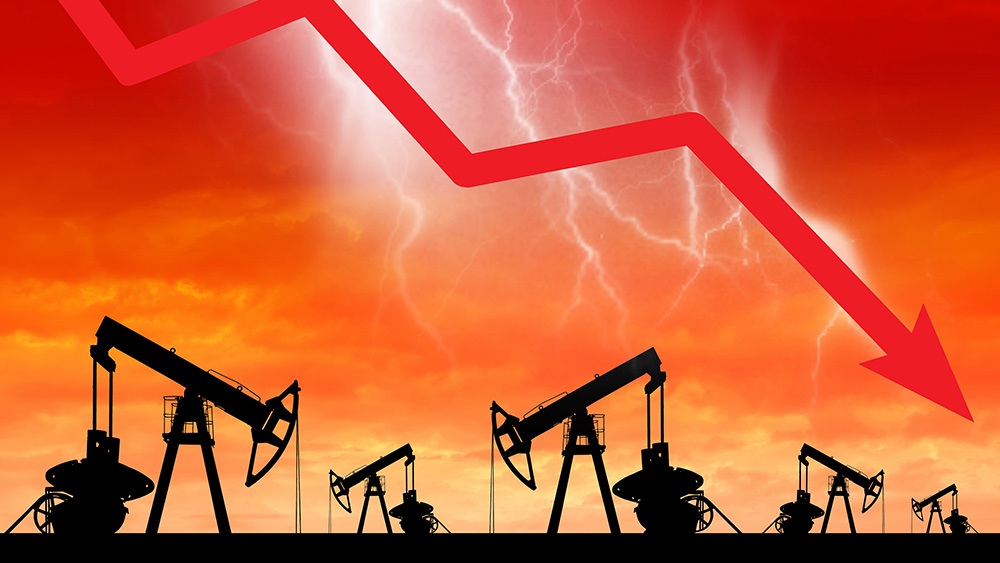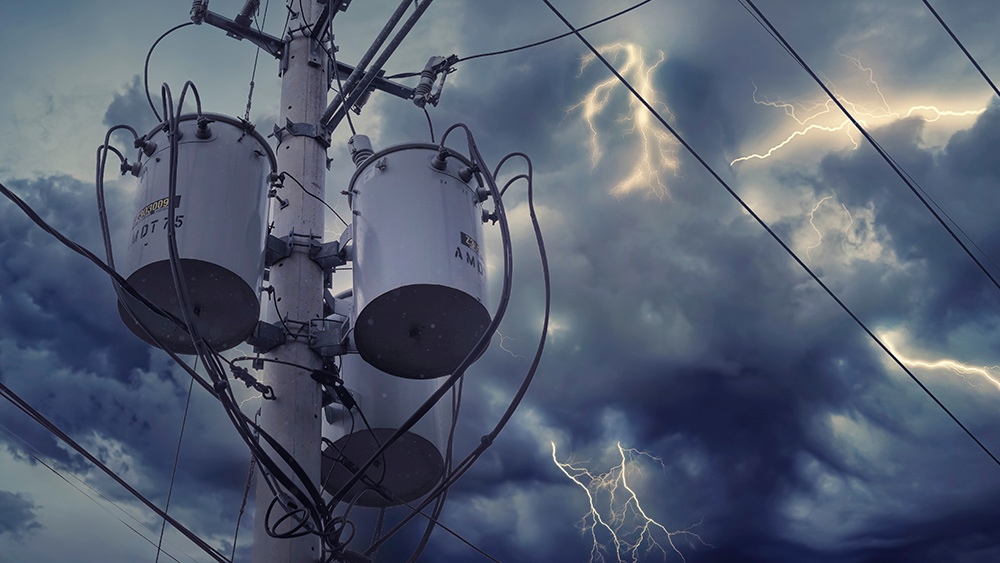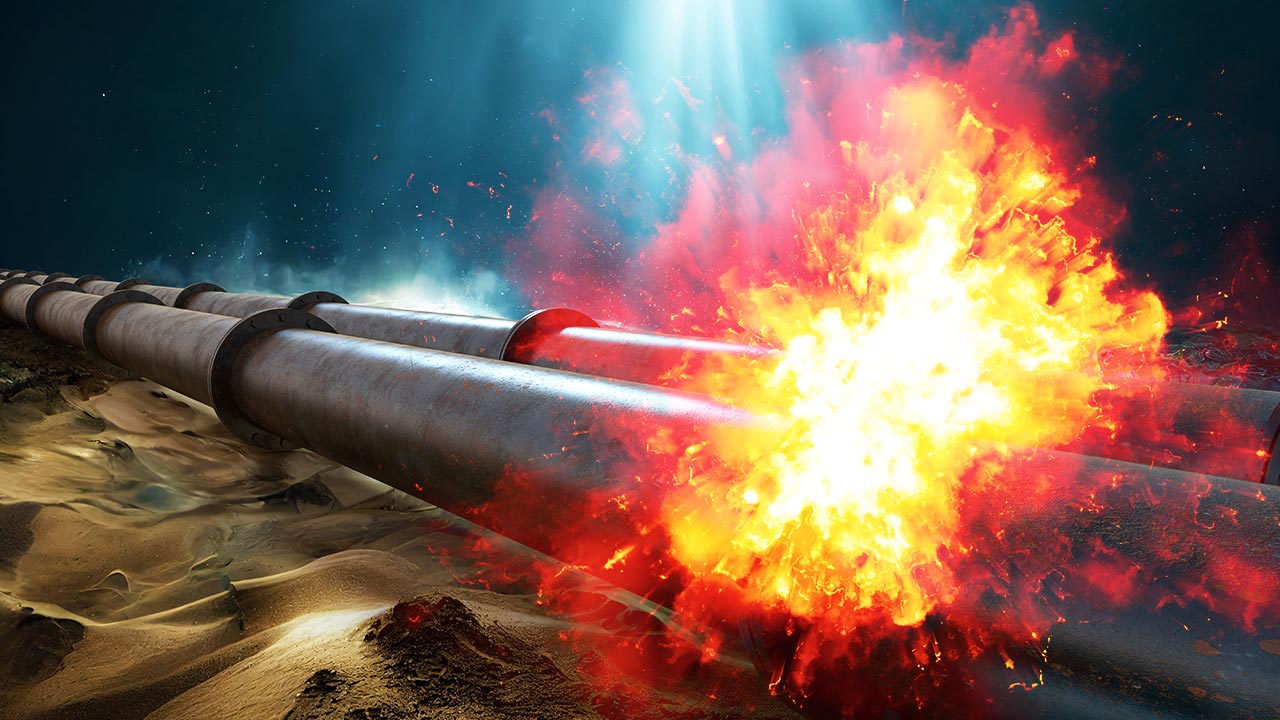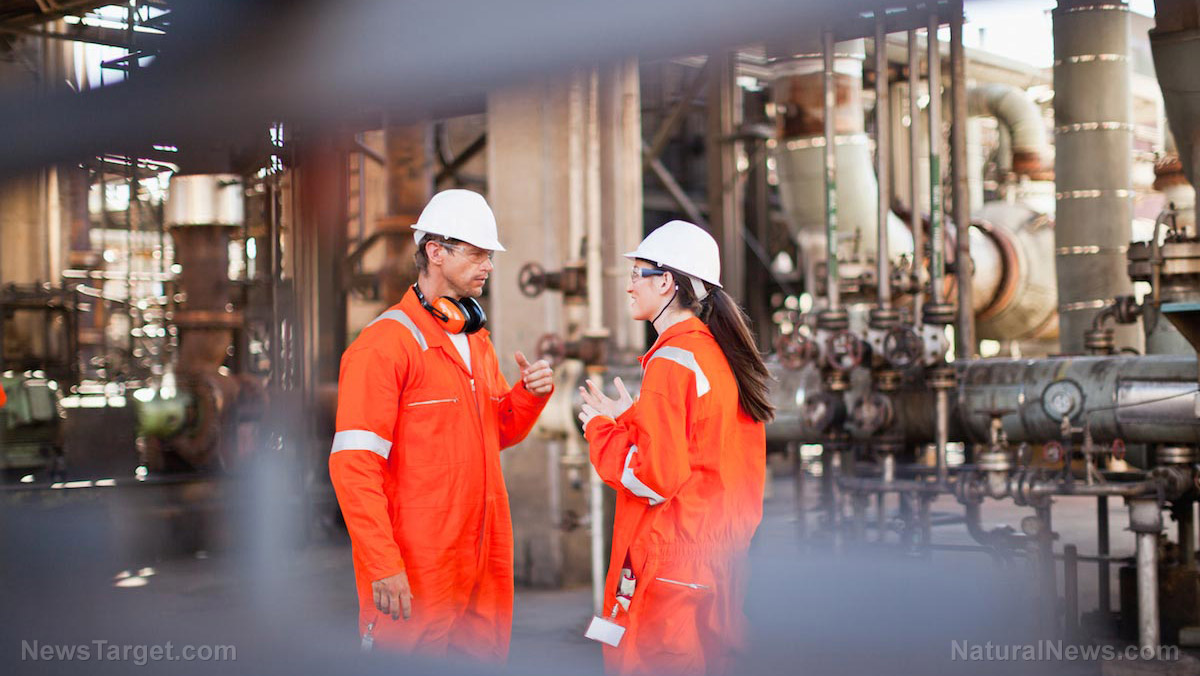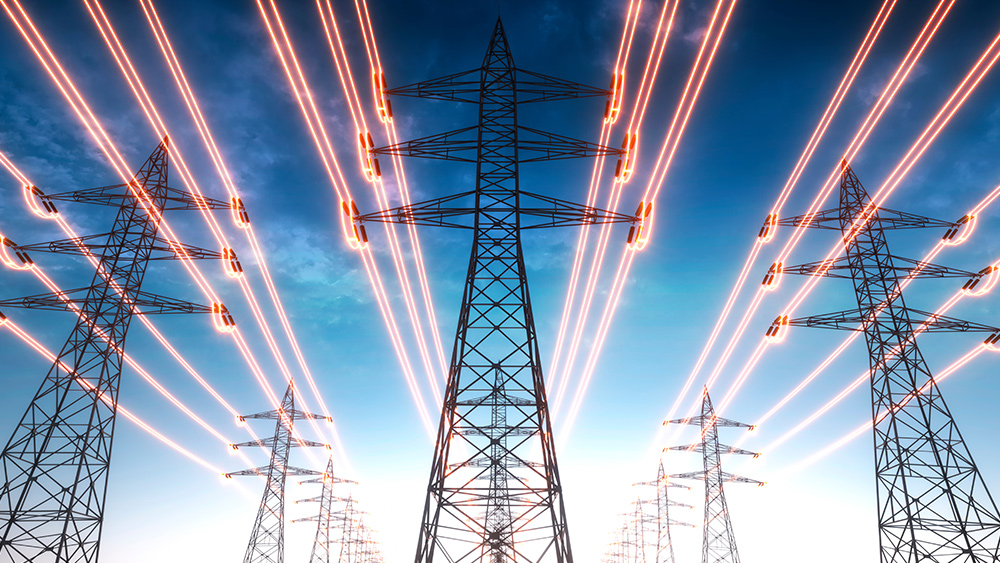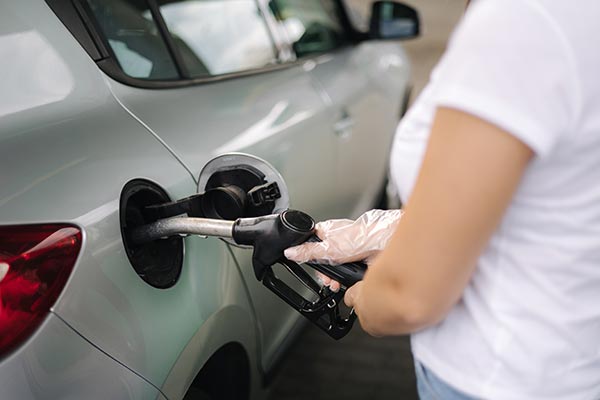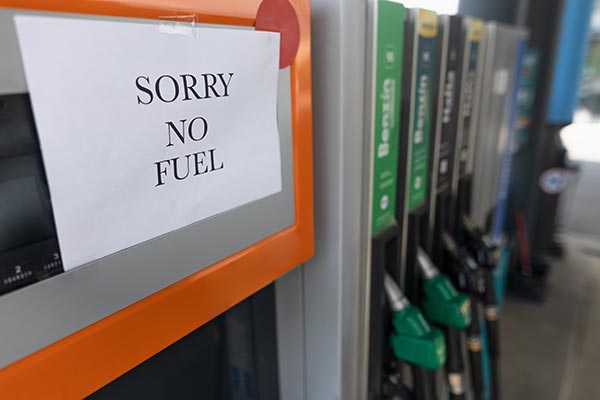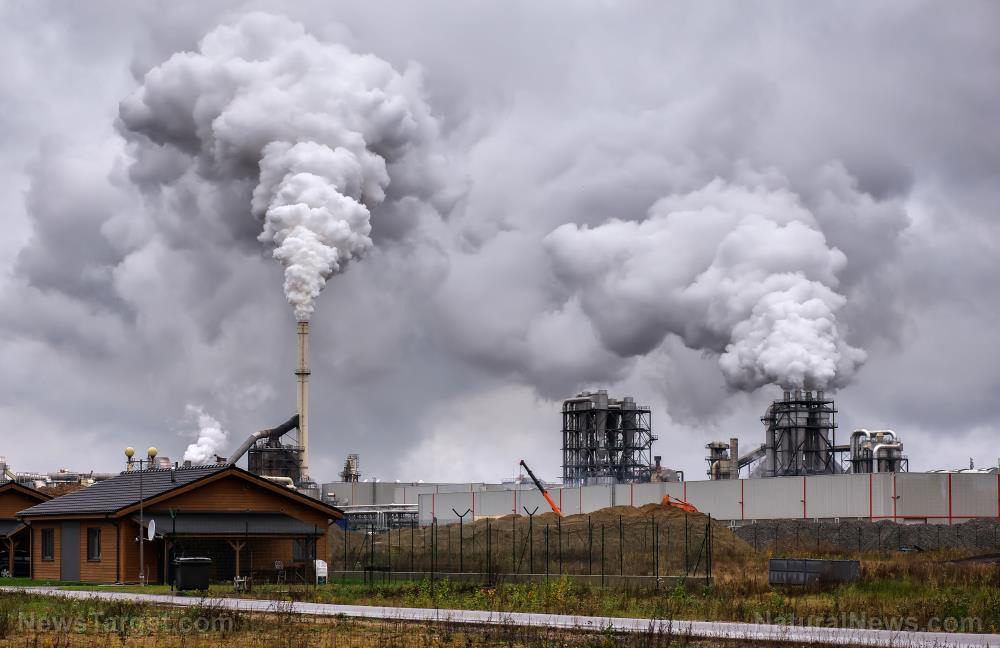Energy crisis forces Austria’s only domestic salt manufacturer to cut production by 20%
11/03/2022 / By Arsenio Toledo
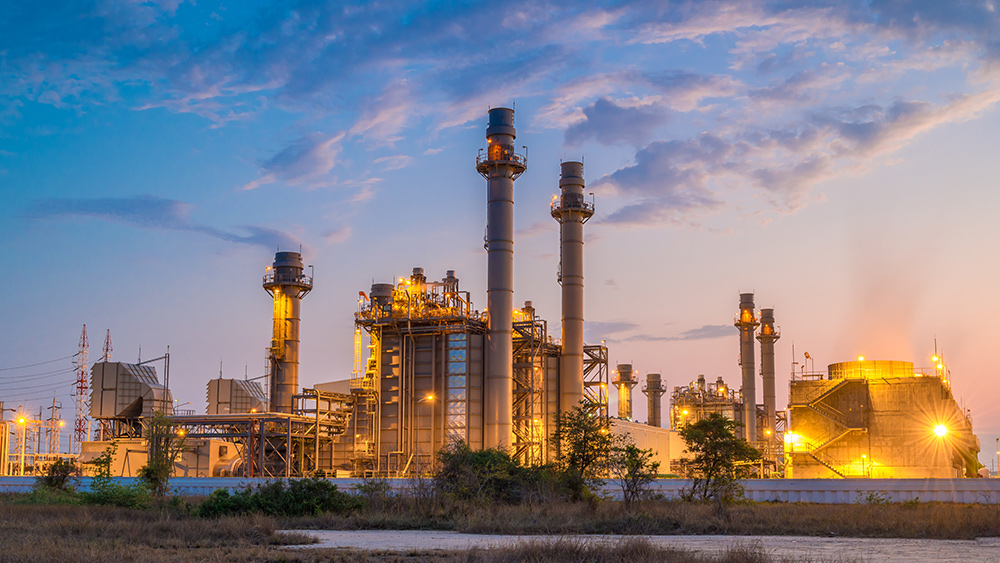
Salinen AG, Austria’s only domestic salt mining company, is cutting back production by 20 percent due to the massive rise in energy prices in the country.
Salinen CEO Peter Untersperger noted that the salt mining company was already charging 12 percent more for salt before the company decided to cut production. He added that the company should have raised prices by at least 30 percent to cope with increased operating costs.
Untersperger noted that production in Salinen is already being gradually decreased, and the company will reach its goal of a 20 percent reduction in manufacturing by the end of the year.
“We are currently in full operation,” said Untersperger in German during an interview with Austrian local media outlet Mein Bezirk. He added that his company’s production is flexible enough to adjust to the rise in the price of energy and other operating costs. But Untersperger noted that his main clients can’t keep up with the price increases forever.
The CEO noted that the price of electricity and gas has increased tenfold and eightfold in recent years, respectively.
“The situation is still dramatic,” he said. “The government is throwing sand in the eyes of the population. They are keeping silent about how hard the winter will be this year and next year.”
Salinen CEO calls for end to Russian sanctions as solution for energy crisis
As Untersperger himself noted, Austria’s energy market is currently in turmoil as the country’s government is still deep in negotiations for the production of more green energy sources and with other energy production facilities that can help reduce its dependence on energy imports. (Related: Europe to feel impact of turning away from cheap, plentiful Russian energy.)
But while there is still no solution to Austria’s overreliance on foreign energy, Untersperger demanded that the country rolls back its sanctions against Russia and reopens negotiations for Russian natural gas to reach Austria.
He said that Germany should reopen Nord Stream 2 so that enough natural gas can flow back into Europe and market prices because energy can drop again.
He added that Germany and Austria “shoot themselves in the foot” with their imposition of sanctions against Russia. He believes the European Union “made very, very big mistakes beforehand.”
“We should never have offered Ukraine membership in NATO [North Atlantic Treaty Organization], but now you can’t go back, as Europe will lose face,” he added.
Untersperger also criticized the Austrian government and its carbon tax, which he said stifles the country’s already-limited ability to compete with German businesses, who “get money thrown at them” while Austrian companies will be “left in the dry [sic] and have to pay 400 euros [$390] for one megawatt.”
He also mentioned how Austrian gas prices are still around 10 percent more expensive than in Germany. This, coupled with the subsidies and relief German businesses are receiving, are “unbridgeable competitive disadvantages and locational disadvantages for Austrian industry” and could lead to more businesses leaving to transfer operations to Germany.
Austria’s government does not want to see its largest businesses and job creators leave the country. But instead of providing the private sector with more support it “lets us hit the wall,” according to Untersperger.
Learn more about Europe’s energy crisis and how it has affected industries all over the continent at EnergySupply.news.
Watch this episode of the “Health Ranger Report” as host Mike Adams, the Health Ranger, discusses the collapse of industry and infrastructure across Europe and the United States.
This video is from the Health Ranger Report channel on Brighteon.com.
More related stories:
European energy crisis making it impossible to produce renewable energy equipment like solar panels.
SANCTIONS BACKFIRING: European manufacturers closing up shop due to skyrocketing energy costs.
Sources include:
Submit a correction >>
Tagged Under:
Austria, big government, chaos, collapse, economic collapse, economy, energy, energy costs, energy crisis, Europe, fuel supply, industry, inflation, market crash, panic, products, rationing, Russia, Salinen AG, sanctions, scarcity, supply chain
This article may contain statements that reflect the opinion of the author
RECENT NEWS & ARTICLES
COPYRIGHT © 2022 FuelSupply.news
All content posted on this site is protected under Free Speech. FuelSupply.news is not responsible for content written by contributing authors. The information on this site is provided for educational and entertainment purposes only. It is not intended as a substitute for professional advice of any kind. FuelSupply.news assumes no responsibility for the use or misuse of this material. All trademarks, registered trademarks and service marks mentioned on this site are the property of their respective owners.

